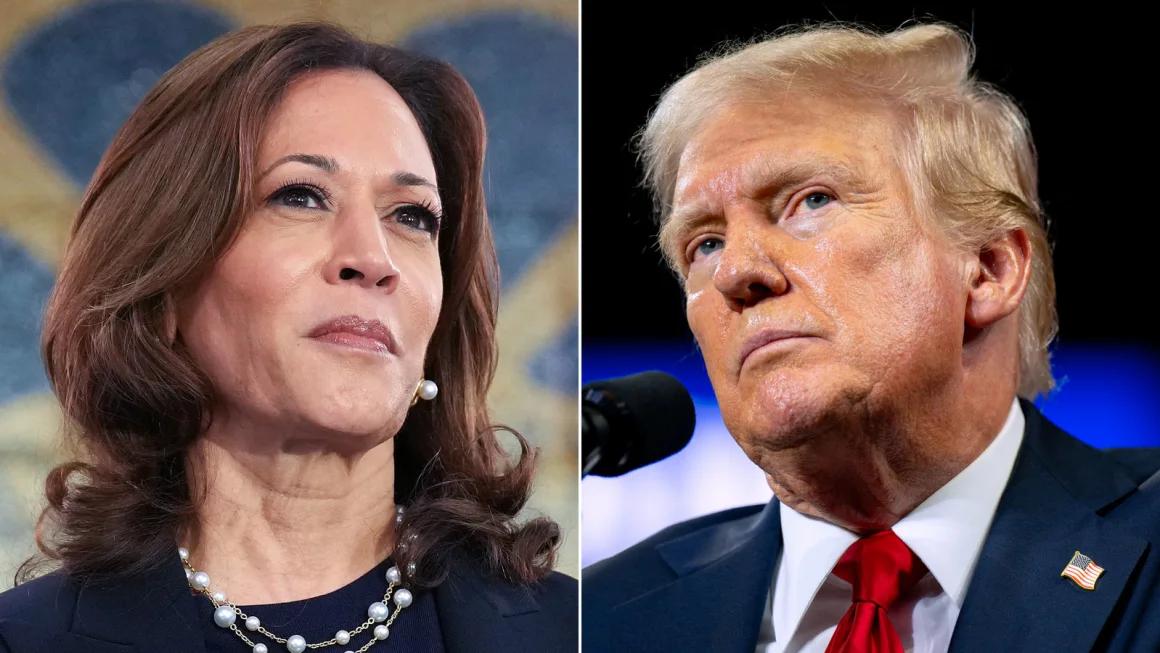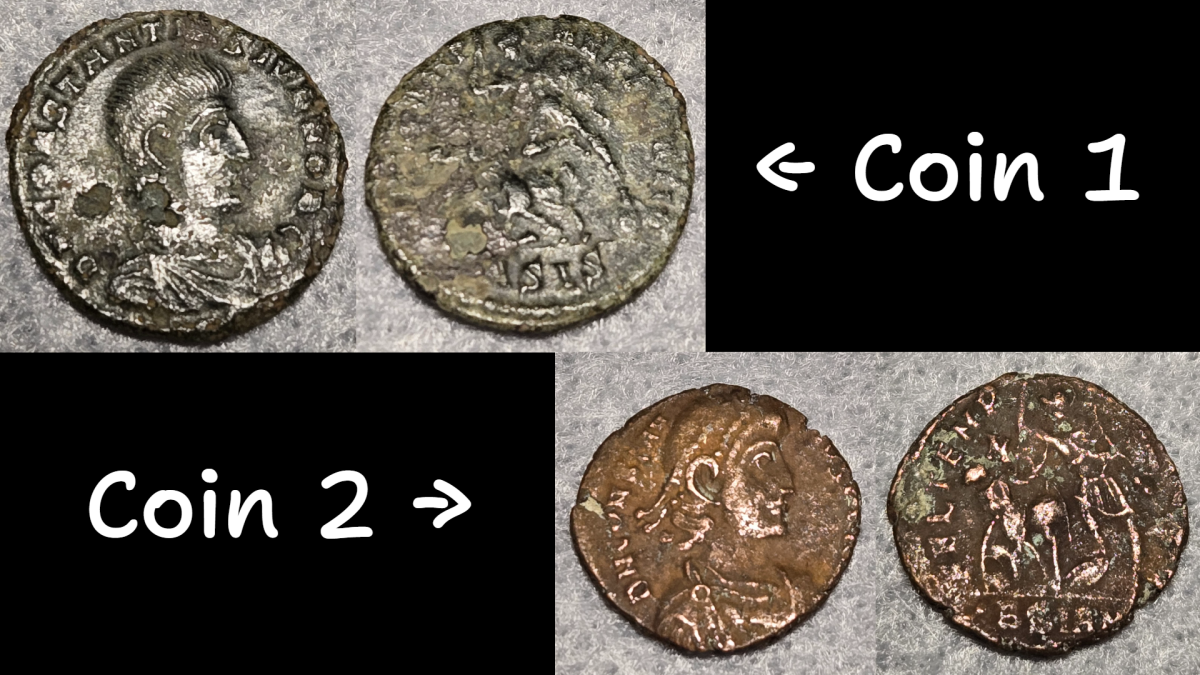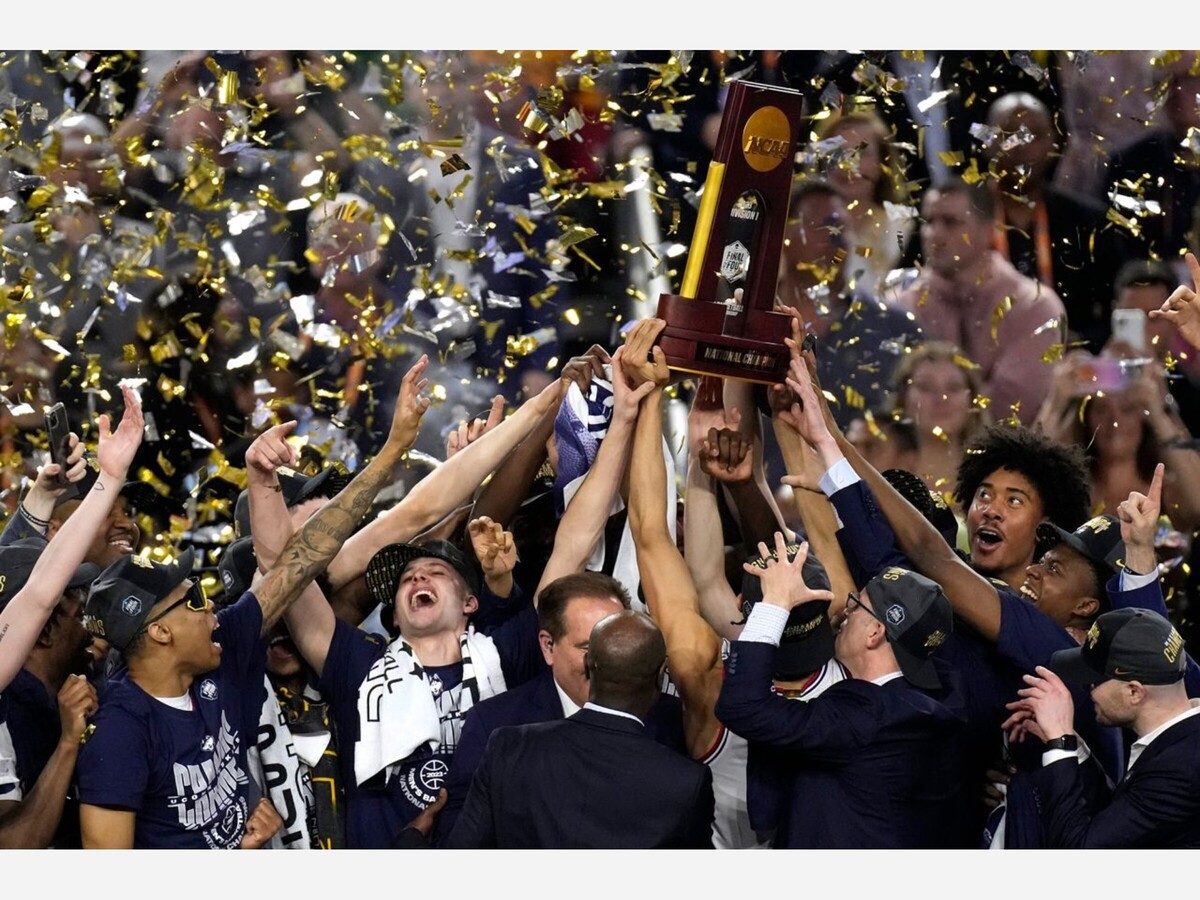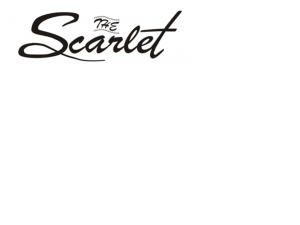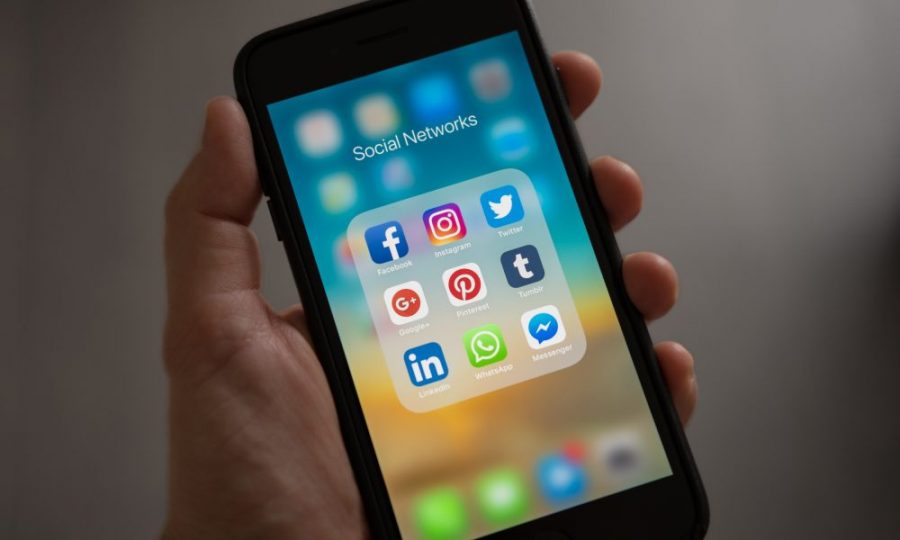Should Social Media Companies Have the Power to Censor?
January 24, 2021
In today’s world, technology is a vital source of information, but finding trustworthy sources can be tricky. It is often necessary to sort through hundreds of articles just to find one with information that is not opinionated, biased, or just false information, so how are we really able to differentiate fact from fiction? If the internet is full of information that could be true, but also could be complete nonsense, is deciding what is fact and what is fiction really just a matter of opinion? Or are certain facts just not up for discussion? This topic brings up many questions that have yet to be answered. Taking a look at private companies specifically, a few questions arise: is it unconstitutional for private companies to be able to choose what content can be posted on their platforms? And if censorship is protected under the constitution, is it even a good idea?
Let’s begin with the question: is censorship unconstitutional? Those who believe that censorship is unconstitutional argue that only allowing certain information to be published infringes on a person’s freedom of speech, protected under the constitution. These people may believe that everyone has the right to believe whatever they choose, whether it be backed by facts or backed by what is believed to be false information. They also may argue that taking away the ability for these people to post what they believe to be true isn’t just unconstitutional, but also isn’t going to make these people change their minds. They will still believe this information, they will just be told that this belief is not valid. Consider the election of 2020. Many republicans believe that Donald Trump won, but Joe Biden has just been inaugurated and is now the president of the United States. Many have told these Trump supporters that they are incorrect and that Biden has won, but these republicans still believe that Donald Trump has won the election. Another Example may be considering the LGBTQ+ community. Queer people have been told that being part of the LGBTQ community is not okay and many believe that it is a choice and one that isn’t right, but there are still Queer people. Although these examples are quite different, take from them what you wish and decide for yourself.
On the other hand, those who argue that censorship is legal may explain that these are private companies, they can do whatever they want. It is as simple as that. They are their own boss and since they are not public companies they should be allowed to choose what information they want to display to their audience and what impression they want to leave on the public. But, with believing that censorship is constitutional, then you have to decide: is it a good idea?
Some believe yes, it is a good idea. There are some things that just can’t be debated or discussed. For example, facts supported by scientific evidence, equal rights, the freedom to have control over your own body and make decisions for yourself, or even just to be able to love who you want. Many people believe that these things should be no-brainers in a sense. Therefore, anything stating otherwise should be censored and removed from the internet. But others believe that censorship is a bad idea. They think that people should be able to say whatever they want as long as it isn’t harmful or inciting violence. No matter what you believe, you should be able to state it on the internet if you wish. Take for example what happened when books were censored. It was complete chaos. People were led to believe that some experiences were acceptable and worth discussion, while others were not and do not deserve representation in any form. They believe that we have already been down this path before, and we know the outcome. We shouldn’t make the same mistake twice.
I have discussed this matter with a few members of my family to understand a few perspectives. Through conversation, a little research, and a lot of thinking, I have come to the conclusion that I, personally, believe that it is constitutional for private companies to censor information, but it isn’t a great idea. Private companies are private after all and should be able to decide how they are viewed and who their audience is based on the information their company decides to display. However, I do believe that it is not a great idea to actually censor information (aside from those which incite violence or are harmful), mostly for the reasons I explained above. I think that people using these platforms should be able to decide for themselves what they see on their feeds, who they follow, and what information they take in from the media, but I am not completely convinced that censorship is an awful idea. I can see both sides of the argument and understand both perspectives.
There are hundreds of reasons behind supporting censorship or not supporting censorship. This is an extremely heavy topic with thousands of scenarios and examples on each side of the argument. It is simply impossible to consider them all, especially within a fairly short piece of writing like this. Therefore, the ideas written above are just a few things to consider. I encourage you to take this topic, look at both sides, and consider the benefits as well as the consequences of censorship. It is truly fascinating to think about. To censor? Or not to censor? What do you think?



